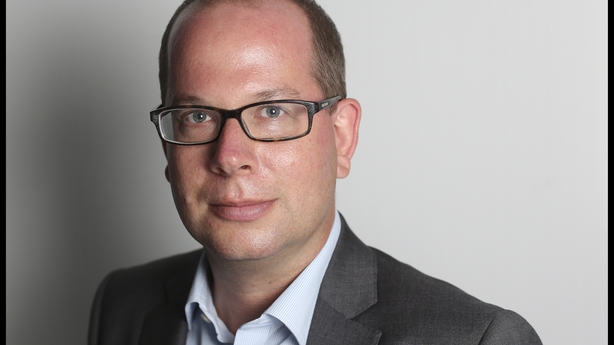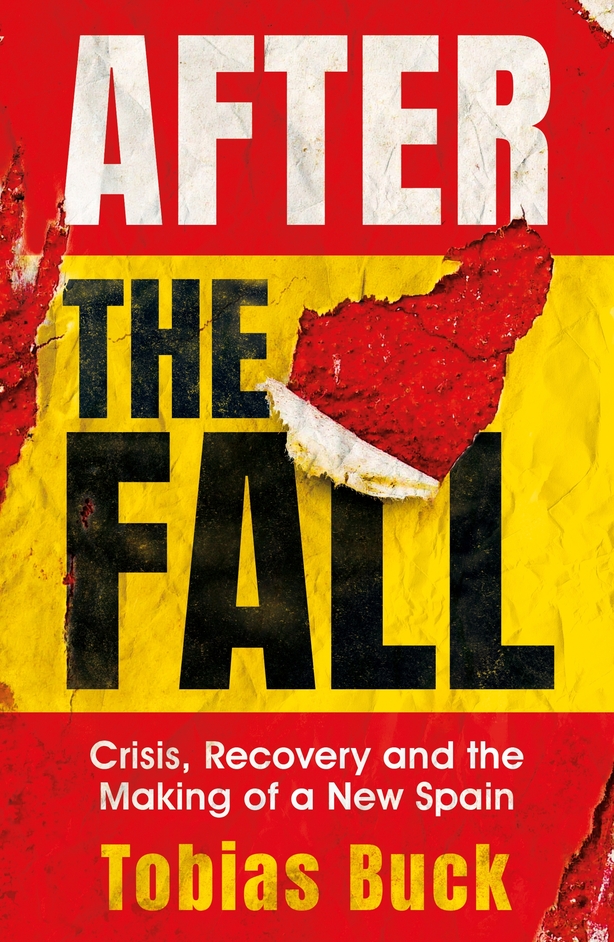Tobias Buck's absorbing and informative new book is a snapshot of how Spain stands politically and culturally at present, including the Catalan bid for independence. The journalist-author reported on the country for the Financial Times between 2012 and 2017.
The October 1 referendum of 2017 saw two million Catalans casting their vote, with more than 90 percent voting in favour of independence. However, Tobias Buck argues that these figures need to be seen in perspective, as the turnout was just over 40 percent and the number of those who voted was smaller than the number of those who stayed away.
The violent police tactics on the day included beating and kicking, while ballot boxes were confiscated. Many Catalans have told Buck that they see that fateful day as a watershed, and the violence marked a `before and after' in their history.
Much has occurred since in Catalonia and the Spanish government is currently threatening a legal challenge to Catalonia’s so-called 'foreign action' plan over what it alleges is pro-independence bias. The Catalan government has a month to change the plan. Failing that, the Spanish government will bring the matter to Spain’s highest court, the Constitutional Court. Catalonia's foreign action minister, Alfred Bosch, insists that his foreign plan is "legal, legitimate, and necessary."

To speak of an umbrella 'Catalan trial' is misleading, as there is a series of different judicial hearings, but a verdict is expected in late September or early October - unless a Spanish election in November postpones it. A four-month trial which endured through 52 court sessions will finally end. The leaders are charged with breaking Spain's criminal code through rebellion, misappropriation of public funds and civil disobedience.
As matters stand, Carles Puigdemont, Oriol Junqueras and Toni Comín, former members of the Catalan government, are in exile and have not attended trial in Madrid for organising Catalonia's referendum on self-determination. The judges must also decide whether they accept rebellion charges for each of the nine leaders currently being held in precautionary detention. Three more on bail may also be sent to prison.
Meanwhile, Puigdemont, Comín and Junqueras are also insisting that they be accepted as MEPs. Spain rejected all three after the European election, and their cases are about to be tried by the EU courts.

Earlier chapters recall the aftermath of the General Franco years, King Juan Carlos 11 and the move towards democracy, along with the Basque country's troubled history. The author, who holds dual German and English citizenship, also recalls the economic crisis which left many Spaniards in poverty. Between 2000 and 2007, the debts incurred by Spanish households and non-financial companies rose from 94 percent of GDP to 191 percent. Salaries were rising while productivity was dropping at an exceptional level compared to other European countries.
The rise of the Far Right in Spain is also considered in After the Fall. Buck is hopeful that inclusiveness will reign, as he recalls the day he watched from his balcony a crowd of Peruvians celebrating the feast-day known as Senor de los Milagros (the Lord of Wonders):
The Madrilenians I saw in the street that day looked quite untroubled by the foreign flags and the noise, and by the fact that a string of public roads had been handed over to a small group of migrants," he writes.He continues: "Again and again, the marchers erupted into shouts of `Viva Peru!’ But this was followed, almost always, by another shout: 'Viva Espana!’ It was a gesture, nothing more, but I found the whole experience strangely moving: the migrants were celebrating their old and new home in equal measure.
The Quiet Galician is the title of a perceptive chapter on Mariano Rajoy, leader of the Partido Popular, or PP. Rajoy was prime minister for seven years before the current Socialist incumbent, Pedro Sánchez. Neither politician has been able to command a majority in parliament, casualties of the political fragmentation that Spain has had to accommodate, like much of the rest of Europe.
Read Paddy Kehoe's review of Raphael Minder's earlier book The Struggle for Catalonia here.







